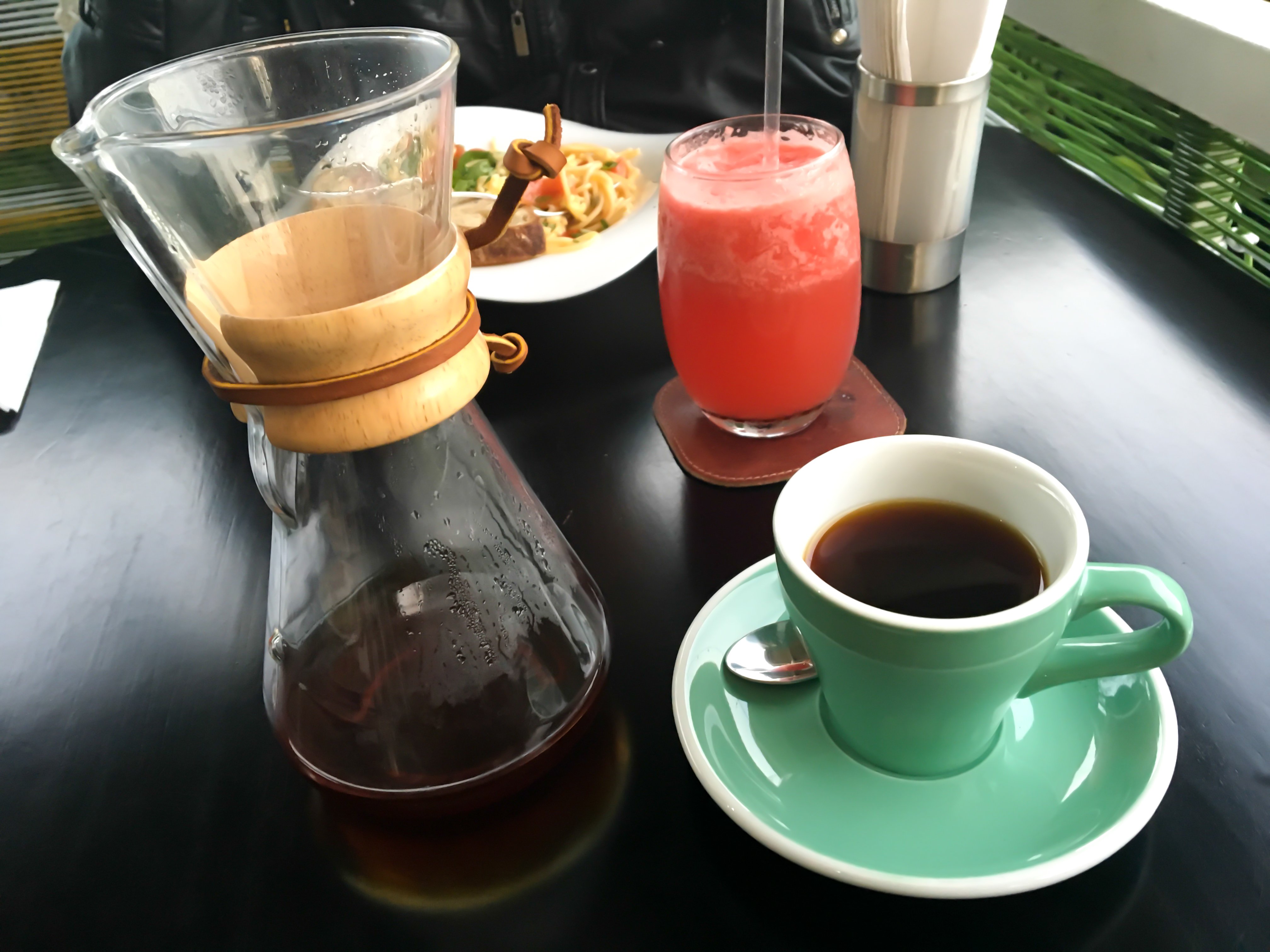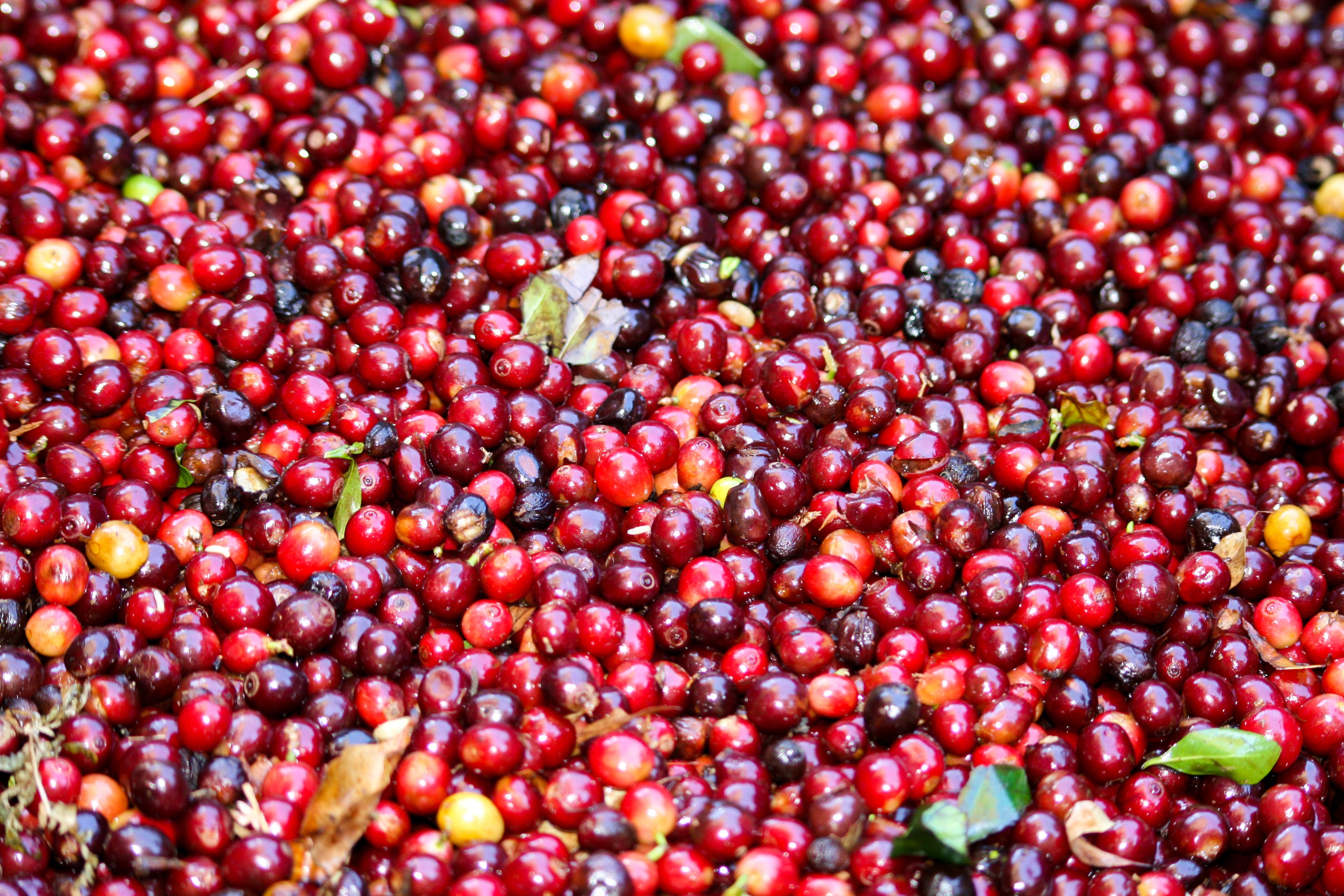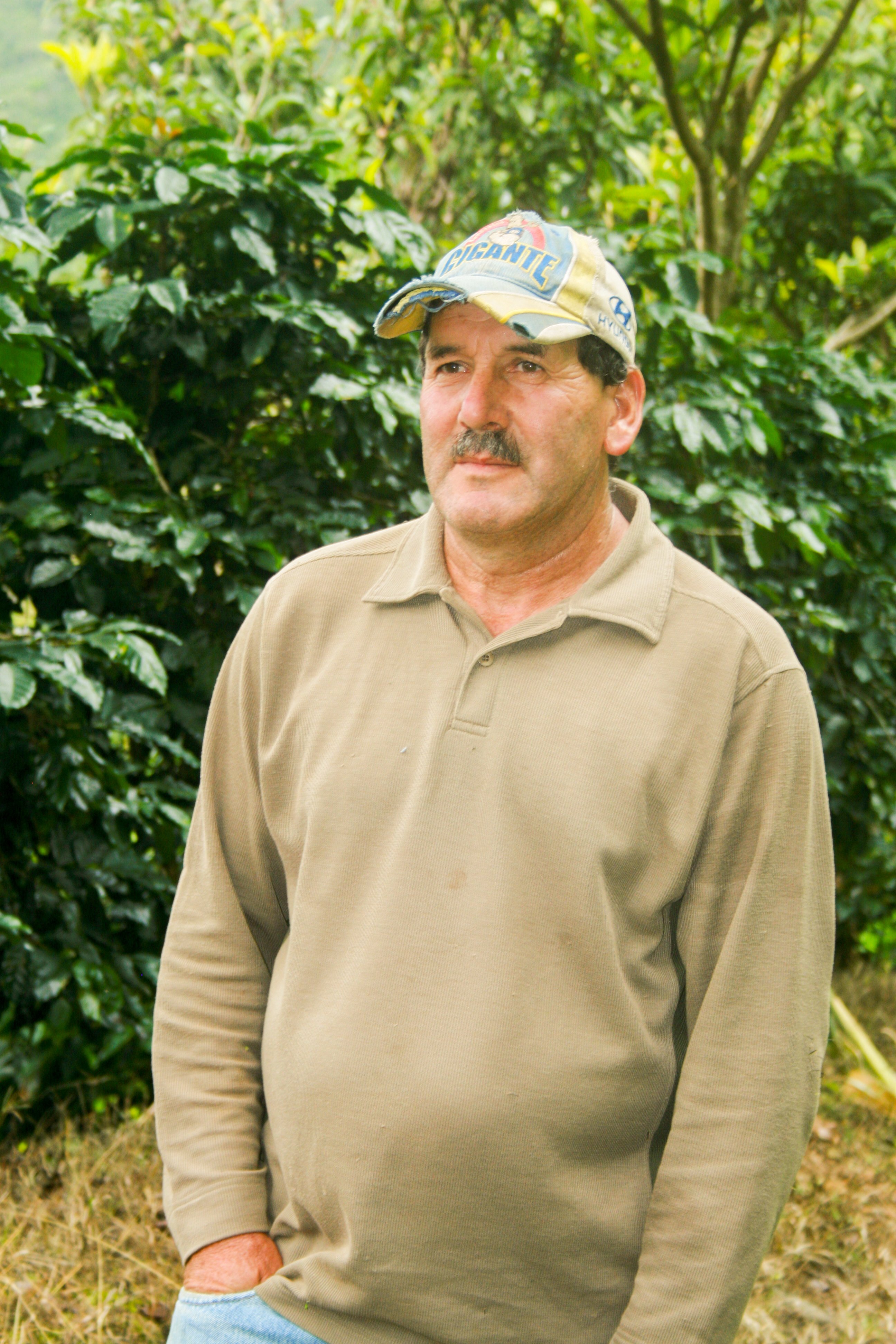You could be drinking bad coffee – and you may not even know it.

If there’s one thing that I’ve learned in the coffee business, it’s that you can’t believe everything (or maybe anything) you see or hear from most coffee companies. The large corporate enterprises have become quite proficient with their slick marketing campaigns and using catchy slogans and buzzwords to lure in unwitting coffee lovers. Many smaller coffee roasters have also picked up on the trend and have mostly adopted the same words and rhetoric, despite their claims to be different or better. Meanwhile, consumers have been kept mostly in the dark about the quality of the products and the companies’ practices.
I want to help inform coffee drinkers – as well as those who "don’t like coffee" – so that anyone who actually loves coffee or wants to give it another chance can finally identify and drink a quality cup.
All great coffee begins with great farmers. Before I get into the quality of the beans and how they’re processed, I first want to highlight a few things and dispel some ongoing myths about “Fairtrade” – which, in my opinion, is a terrible fraud perpetrated on the coffee world. By saying that, I’m not disagreeing with the idea that farmers should be paid a fair market price for the coffee that they produce. My disagreement lies with Fairtrade International’s certification process, how the money is controlled and distributed, and the overall effect it has on farmers and the quality of coffee.
Are Fairtrade certifications and standards beneficial?

When shopping for coffee, you’ll see many bags carrying the Fairtrade logo, whether on the shelf at a grocer or on the counter at your local roaster. The first thing that should come to mind as a retail buyer is not that the coffee was purchased “fairly,” but that this retailer is paying Fairtrade International to use that logo on their final product. You should also realize that, if this company has purchased their coffee from an importer or exporter and not from the farmers directly, then that importer or exporter has also paid for the privilege of being a certified middleman. Even if the coffee company has bypassed this middleman, the coffee farming cooperative still has to be certified – and that certification also requires payment to Fairtrade International.
At each level, certifications must be processed and approved by Fairtrade and each of these adds an additional cost to the final product. However, the organization does not guarantee producer payment based on final retail prices. If you believe that the higher price you’re paying necessarily reflects the payout to farmers, then you’d be mistaken. The only guarantee that Fairtrade offers is that the certified coffee must be purchased from producer cooperatives at a specific price set by the organization, which is currently $0.20 per pound above international commodity coffee prices. However, this premium is not equitably distributed to the individual farmers.
As a condition of the Fairtrade certification, producers are required to spend $0.05 per pound of the premium they receive on improving productivity and quality. The other $0.15 per pound is given to the producer cooperative to decide on how the money is spent or distributed, which is not guaranteed to reach the individual farmers directly. The certification process alone can cost cooperatives thousands of dollars in initial fees, annual recertification, and any additional audits. There is plenty of debate and doubt about Fairtrade in general and whether or not the premiums paid actually make it to the farmers themselves.
Furthermore, there is often an abundance of Fairtrade-certified coffee on the market due to an excess of certifications that the consumer market cannot support, so it isn’t being sold as Fairtrade coffee – it must be sold below the organization’s set prices, or it doesn’t sell. These excessive certifications reduce the actual net benefits to certified cooperatives. There is even a question of whether or not the certifications are being monitored adequately enough to ensure compliance. Not to be overlooked as well – none of this even begins to touch on the fact that a Fairtrade certification does not mean that the coffee is actually of a premium quality, based on standards from the Specialty Coffee Association of America
What does all of this mean?
As a general rule for any good consumer, always try to gather as much information as possible about the products you intend to purchase – especially when it comes to the products you put into your own body. Don’t just rely on the seller’s word or the logos on the packaging if you haven’t already looked into their claims and their business practices. The coffee industry is no different. In fact, it may be worse than the average industry because the market is so large and there is such an abundance of bad or incomplete information that appears to be perpetuated by each of the newcomers in an attempt to compete with the established brands.

(One of my awesome farmers!)
While Fairtrade International has helped bring awareness to the plight of many farmers around the world and while certification can help farmers that would otherwise receive less than market prices, the overall impact on farmers today seems to be quite insignificant and the organization's processes and practices are questionable.
During my own journey to find producers for direct sourcing and purchasing of coffee and cacao, I have learned that farmers are becoming increasingly aware of markets and prices and buying the coffee directly from them instead of various layers of middlemen is the best benefit that they can receive. As a result of my relationships with these farmers, I can not only pay them better than Fairtrade prices, but I can guarantee a better quality product to my customers at better prices than most of my competition.
If you seek a great cup of premium coffee but have never had it, I’ll help you find it – and I may even be able to sell it to you soon enough. Together, we can make your coffee experience great…or make it great again!
Don’t miss the next installment of this coffee series: Make Your Coffee Great Again: The Source Rewards
